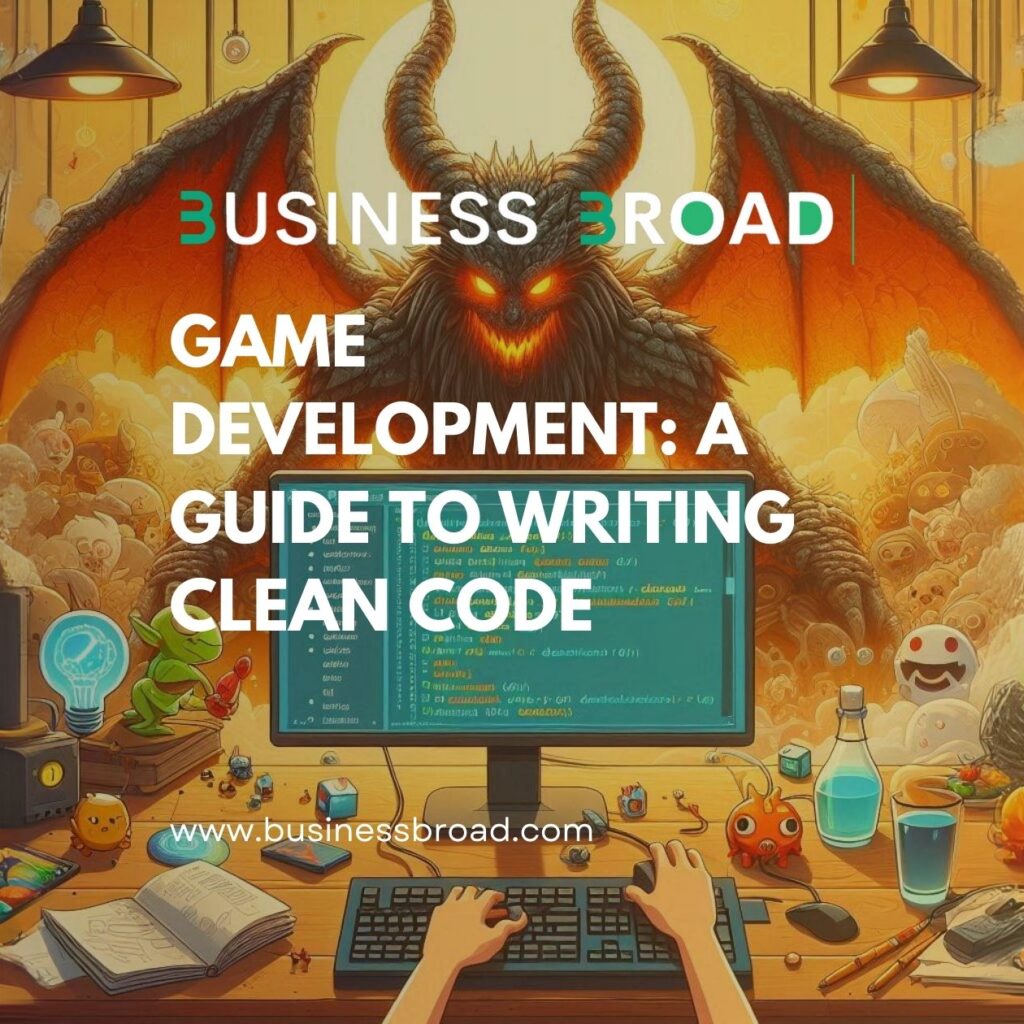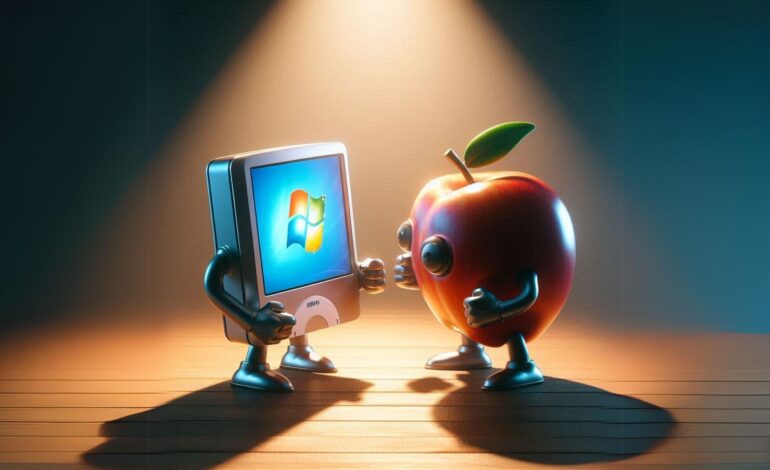As a game developer, you’re not just crafting pixels and polygons; you’re shaping immersive worlds and captivating experiences. But behind every visually stunning game lies a foundation—the code. Clean, well-organized code is the secret sauce that ensures your game runs smoothly, scales gracefully, and remains maintainable throughout its lifecycle.
In this comprehensive guide, we’ll explore the art of writing clean code specifically tailored for game development. Whether you’re a seasoned developer or just starting your journey, these principles will elevate your coding skills and empower you to create games that stand out.

Writing clean code is essential for any developer, especially in game development. Let’s dive into the best practices for mastering clean code in the context of game development.
Mastering Clean Code in Game Development: A Developer’s Guide
1. Meaningful Names
- Use descriptive, specific names for variables, functions, and classes that clearly convey their purpose. Avoid cryptic abbreviations or single-letter names.
- Bad:
var d; // elapsed time in days - Good:
var elapsedTimeInDays;
2. Keep It Simple, Stupid (KISS)
- Aim for simplicity in your solutions. Avoid unnecessary complexity.
- Clean code is easier to understand, modify, and extend.
- Complex code can lead to bugs and maintenance nightmares.
3. Avoid Disinformation
- Be careful with words that have specific meanings. Choose accurate names.
- For example, don’t use
accountListunless it’s genuinely a list. Useaccountsinstead.
4. Avoid Noise Words
- Remove redundant words that don’t add information.
- Examples of noise words:
The,Info,Data,Variable,Object,Manager. - Choose concise and pronounceable names.
Some Common Code Smells in Game Development
In game development, code smells are warning signs that hint at deeper issues in your code. While they don’t cause errors or bugs, they can make future development harder and increase the risk of issues. Here are some common code smells to watch out for:
- Long Methods/Functions:
- Excessively long methods or functions can be problematic. Break them down into smaller, more focused pieces for better readability and maintainability.
- Large Classes/Modules:
- Just like long methods, large classes or modules can become unwieldy. Consider splitting them into smaller components based on functionality.
- Duplicated Code:
- Copy-pasting code is a telltale sign of a code smell. Repeated code segments violate the DRY (Don’t Repeat Yourself) principle and can lead to maintenance challenges.
- Conditional Complexity:
- Overly complex conditional logic can make code hard to follow. Simplify conditions and consider using polymorphism or other design patterns.
- Inconsistent Naming:
- Inconsistent variable or function names confuse developers. Use clear, descriptive names consistently throughout your codebase.
- Magic Numbers/Strings:
- Avoid hardcoding numbers or strings directly in your code. Instead, define constants or enums to improve readability and maintainability.
- Primitive Obsession:
- Relying too heavily on primitive data types (like using strings for everything) can lead to messy code. Consider creating custom classes or enums.
As you embark on your game development journey, remember that clean code isn’t just a technical necessity—it’s an art form. By adhering to the principles we’ve explored, you’ll create games that not only dazzle players but also stand the test of time. So, whether you’re building a sprawling open-world RPG or a minimalist mobile game, let clean code be your guiding light. Happy coding, and may your games bring joy to players around the world!





2 Comments
[…] Game Development: A Guide to Writing Clean Code […]
[…] Game Development: A Guide to Writing Clean Code […]